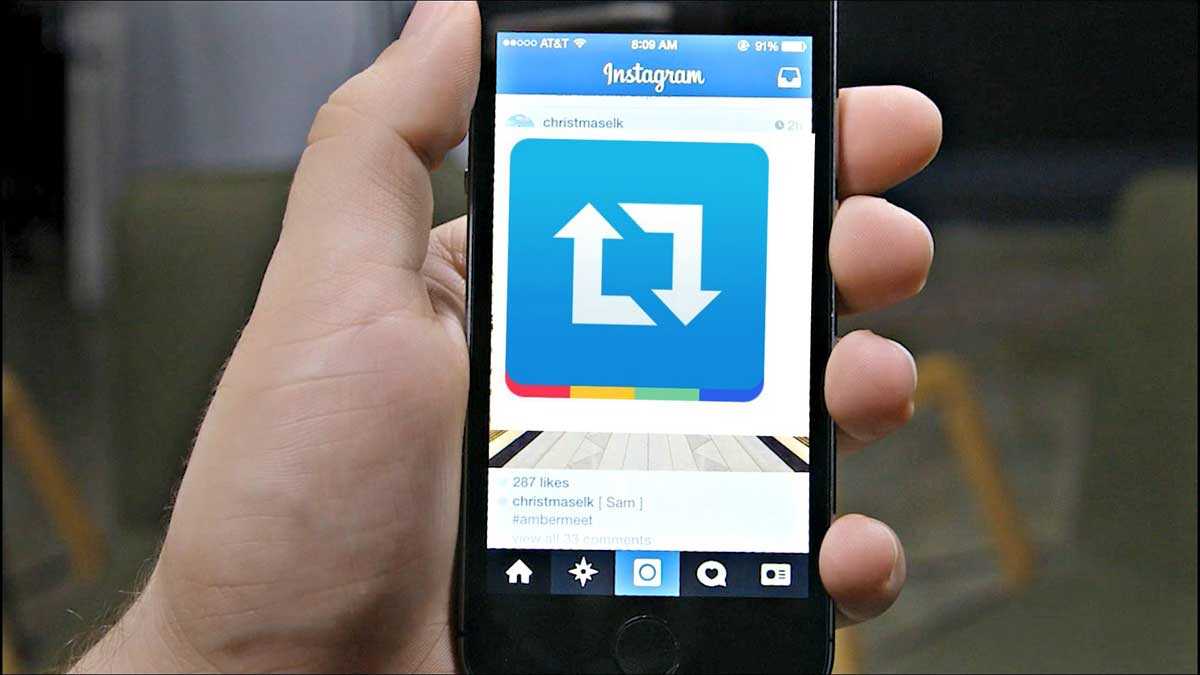
Digitization and technological advancements have stormed up the world aggressively. The digital age has engulfed almost every aspect of human life in the modern world. We are dependent on technology and modern-day inventions, even for our basic routine tasks. This change has drastically altered the need to evolve the skillset of today’s students. Job markets and employment opportunities are continuously reducing over time. They’re not dying out in number, but the competition is becoming cutthroat.
World Economic Forum states that around 50% of people will need reskilling by 2025 to ensure continuous employment. Then why not leave colleges with those skills that can provide better career prospects and sustainable earning opportunities in the 21st century. Contemporary times demand much more than just basic job skills and the modern-day buzz of soft skills. Now the needs and preferences of the current global environment are different and have evolved greatly.
Today, given the plethora of resources and opportunities, students can assimilate these necessary skills better than others. They have better mental capacity and open chances to practice these skills in the real world. The key is to identify these skills at the right time and incorporate them in the learning circle at early stages.
Most students miss out on the chances to carve these 21st-century skills since they don’t identify them at the right time. This article is an effort to help students in this regard. It highlights five 21st century skills to instill in students of today.
1. Learning Agility
Knowing what to learn is always half the story. Knowing how to learn is the real key.
Learning agility is all about being flexible and adjusting according to available resources. For instance, students consider medical education as precisely practical. But over the last decade or so, online programs like Nursing Administration MSN Program online have gained rapid popularity. It allows aspirant nurse students to opt for this field with the ease of eLearning. People are largely inclining toward online education due to ease of access and affordability. It is all about adopting the way of learning.
The 21st century is the century of change and innovation. Education has and will certainly observe major changes in its content, delivery, and curriculum design. Learning agility is of huge importance for the students of the 21st century because it will help them cope with the evolving mode of education delivery.
Moreover, learning agility is something that is not only important for academics but will also help to absorb important insights in the workplace. Once students complete their education, the world entirely changes as they step out of the book. In this regard, learning agility helps them find solutions even in the most challenging situations.
2. Information Literacy
In the contemporary data-driven world, there is an obvious information load. Finding data and information for a problem or a topic is no big deal, but reaching the right sources and useful information makes all the difference. It might sound simple, but it has become one of the biggest challenges of the modern era. Statisticians and data analysts are soaring high in the job market due to the need for an expert to understand and resolve entangled data.
Students can certainly not master this skill in their initial academic cycle. Still, they must develop a basic understanding of identifying data trends and evaluating information. The 21st century is all about data handling, which is equivalent to finding a needle in the haystack. Techjury estimates that individuals and organizations produce around a whopping 1.145 trillion MBs of data every day. Therefore, students should practice excel and other data analytics tools regularly. No matter which field or sector they choose to pursue, these skills will play a part in every professional domain.
3. Digital Acumen
Digitization is the new buzzword for the 21st century and undoubtedly will encapsulate this entire century. According to Statista, expenditure on global digital transformation will reach a mind-boggling $2.4 trillion by 2024. The 21st century is all about streamlining traditional processes and incorporating digitization to reduce time and increase efficiency. All professional circles, corporate realms, and progressive elements in the modern world are dependent on digitization for success.
Students need to understand the evolution of modernity and develop a digital acumen. The move toward digitization is meeting great resistance at different stages. Lack of awareness and practical skills execution at an early stage of learning is the leading reason. Students might need to step out of their comfort zone and extend their efforts to gain relevant knowledge through online learning and extra-academic sources. This skill will help them complement their core skills and propel their overall learning toward a progressive phase.
4. Communication Skills
We’re mostly told not to judge a book by its cover. Still, the cover certainly impacts our perception and creates an unconscious bias in our minds. That book cover in real life is how you communicate to others and portray yourself in social settings. Communication skills are not only something you need in a professional aspect to present extensive presentations and express all that corporate galore. Communications skills encompass a larger concept of personal grooming and exhibiting the right behavior as per the need of the hour.
According to a report by MBA.com, 69% of recruiters listed strong communication skills as an essential element for employability. If students develop a good grip on these skills in their early academic stage, they will master these skills in less time. And when they enter the real-world scenario, they will be able to execute those skills better than others. Communication skills are specifically important in the 21st century because of the increasing emphasis on personal branding in contemporary times. Students can only express themselves better when they can communicate their stories effectively.
5. Leadership
One might think, how can students practice leadership? Or how is it even relevant to instill leadership in students when they virtually can’t even lead anyone? This misconception spoils students’ personalities, and they never develop a leader’s mindset ever again in their life. Leadership is not always about leading people and bringing about some revolts. It is a mindset, a perspective, and it is the way of life. Leadership first begins by managing yourself.
The 21st century is rapidly becoming more competitive with every passing minute. More people would discourage and demotivate you than support you to face the challenges. And that’s where the characteristics of leadership come to play, guiding you through emotional intelligence and critical thinking. Leadership skills are crucial to instill in contemporary students to ensure they enter the corporate world well-prepared.
Final Thoughts
In today’s ever-transforming world, education is becoming dynamic with every passing year. Students need to match pace with not only education but the ever-changing external environment. Certain skills will help them cope with the challenges they will face at different stages in their life. These include learning agility, information and digital literacy, communication and leadership skills, and whatnot.

Founder Dinis Guarda
IntelligentHQ Your New Business Network.
IntelligentHQ is a Business network and an expert source for finance, capital markets and intelligence for thousands of global business professionals, startups, and companies.
We exist at the point of intersection between technology, social media, finance and innovation.
IntelligentHQ leverages innovation and scale of social digital technology, analytics, news, and distribution to create an unparalleled, full digital medium and social business networks spectrum.
IntelligentHQ is working hard, to become a trusted, and indispensable source of business news and analytics, within financial services and its associated supply chains and ecosystems






























